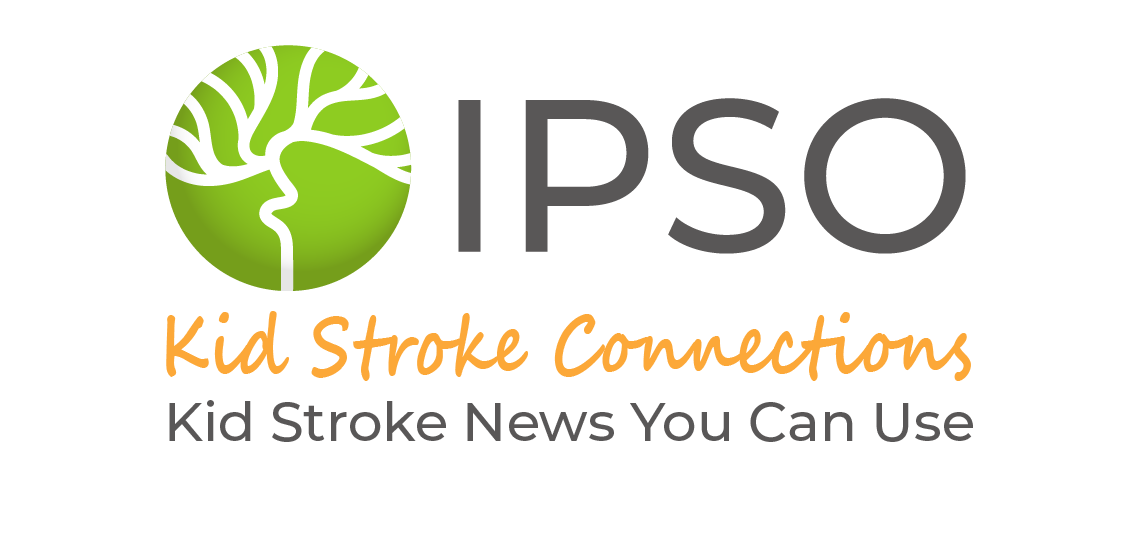A neonatal arterial ischemic stroke is a stroke that happens within the first 28 days of a baby’s life. It occurs when there is a blockage in the arteries that supply blood to the brain. This prevents oxygen and nutrients from reaching parts of the brain, leading to brain damage and problems with movement, learning, or feeding as the baby grows. In this study, researchers looked at babies who had this type of stroke to see how many had trouble feeding and whether these feeding problems were connected to other health issues.

Methods
Researchers enrolled 84 babies who had neonatal arterial ischemic stroke within the first 28 days after birth, as confirmed by brain scans. They then used statistical tests to see if the feeding problems in these babies were linked to other health issues.
Results
Of the 84 children studied who had strokes as babies, 41 had feeding problems. The location of the stroke in the brain and whether the baby had seizures after their stroke did not seem to affect feeding. However, babies with other health problems at birth, especially breathing problems, were much more likely to have feeding problems. Additionally, children who had trouble feeding as babies were more likely to still have feeding problems at 1 to 2 years old. Yet, for these children who had trouble feeding as babies, their feeding problems did not mean they would later develop speech delays or movement problems like cerebral palsy.
Conclusion
Researchers found that feeding problems are a significant issue after a stroke in babies. It’s also important to note that certain early-life complications—such as breathing problems at birth or other medical comorbidities—were significantly associated with an increased risk of feeding and swallowing difficulties. However, having feeding problems early on does not necessarily mean a child will go on to have speech delays or cerebral palsy later in life.
Reference:
Morgan C, Darrah J, Gordon AM, Harbourne R, Spittle A, Johnson R, Fetters L. Effectiveness of motor interventions in infants with cerebral palsy: a systematic review. Dev Med Child Neurol. 2016 Sep;58(9):900-9. doi: 10.1111/dmcn.13105. Epub 2016 Mar 29. PMID: 27027732.
Graphics: Hannah Carsey
Medical Editors:Manish Parakh
Junior Editor: Natalie Mahgerefteh



